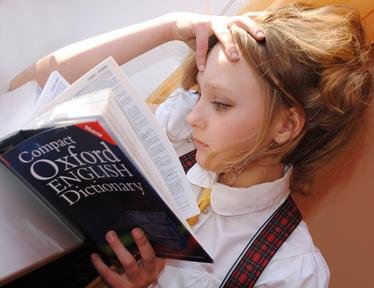Quiz Answer Key and Fun Facts
1. Which is the proper Canadian spelling when referring to a written order to the bank to pay a certain person or company a sum of money from one's account; cheque or check?
2. This is a popular Canadian slang word for "underwear." It is commonly used in the Prairie provinces and Ontario, although Maritimers may not be very familiar with it.
3. This is what Canadians call a knitted woolen cap, usually worn in winter to keep the head warm.
4. This is a derogatory slang word meaning someone who is especially eager.
5. This word, derived from Quebecois French, refers to a popular treat of french fries and cheese curds, smothered in gravy.
6. What is an ice road?
7. Canada has a deplorable history of forcing our Native people to live on a designated area of land. What are these designated areas called; Indian Reserves or Indian Reservations?
8. This term is used in Saskatchewan to mean "a hooded sweatshirt."
9. If you go to Newfoundland, and are "screeched in," will you have to kiss a fish?
10. The term "Medicine Line" is an historical term used mainly in the Canadian west to mean what?
11. What do Canadians commonly call a person, especially a professional football player, who is a native of the area where a competition takes place?
12. Americans call it "Canadian bacon". What do Canadians call it?
13. An ice palace can refer to a large building made or carved from ice. But in Canada, it can also refer, informally, to this:
14. In the US, this word means to vote by voice, especially by cheering, rather than to vote by ballot. In Canada, this word has a very different meaning. It refers to the act or instance of winning an election by virtue of being the only candidate. It is usually preceded by the word "by."
15. Okay, this word (if you can call it a word) is probably what Canadians are most famous for. It has several meanings, and is in fact used throughout the English world, but the definition that makes this word distinctly Canadian is: "ascertaining the comprehension, continued interest, agreement, etc. of the person or persons addressed." Canadians generally rise in tone when saying this word, and it usually comes at the end of a sentence when used according to the above definition.
Source: Author
cannedcorn
This quiz was reviewed by FunTrivia editor
agony before going online.
Any errors found in FunTrivia content are routinely corrected through our feedback system.

